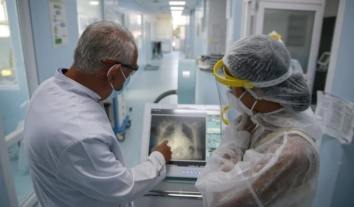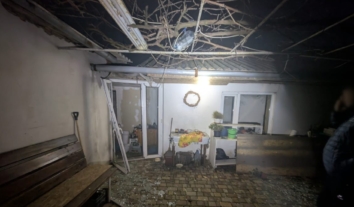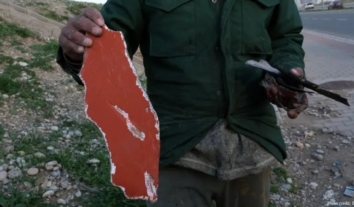Ternopil сourt acquits people, provoked into committing crimes by law enforcers
The Ternopil City Court acquitted two persons, who were accused of selling drugs.
In their explanation, the judges said that the provoked crime did not pose a public threat, according to the practice of the European Court of Human Rights.
The court had to release the explanations after the publication of the article “Ternopil judges cover drug dealers” at the “Teren” local portal, in which the journalists condemned the judges because of acquittal of “drug traffickers.”
The court explained that three criminal cases, where the defendants were charged under Article 307 of the Criminal Code of Ukraine (Illegal production, making, purchasing, storage, transportation, sending or sale of narcotics), have been considered since the beginning of the year. The acquitting judgments were delivered in two cases.
“Taking into account all the criminal proceedings in this category, being considered by the Ternopil City District Court, in which the acquitting judgments were delivered, please note that obvious provocative action of the law enforcement agencies is seen in each of them. The defendants in these cases are usually drug users, persons who are socially vulnerable and their defense is the lawyers of the regional centre of provision of free secondary legal assistance in Ternopil region,” reads the court’s explanation.
The judges referred to the case “Ramanauskas vs. Lithuania”, which was considered in the European Court of Human Rights. The ruling contains the definition of provocation: it “occurs when the appropriate law enforcement officers or persons acting on their instructions are not limited to passive investigation but influence the subject, provoking him/her into committing a crime, which had not been committed in other circumstances, with a purpose of establishing an offence i.e. obtaining evidence and instituting criminal proceeding.”
As a reminder, it was noted in the report of the Ukrainian Parliament Commissioner for Human Rights of 2015 that the law enforcement officers frequently resort to covert investigative actions without opening criminal proceedings in violation of the law.










